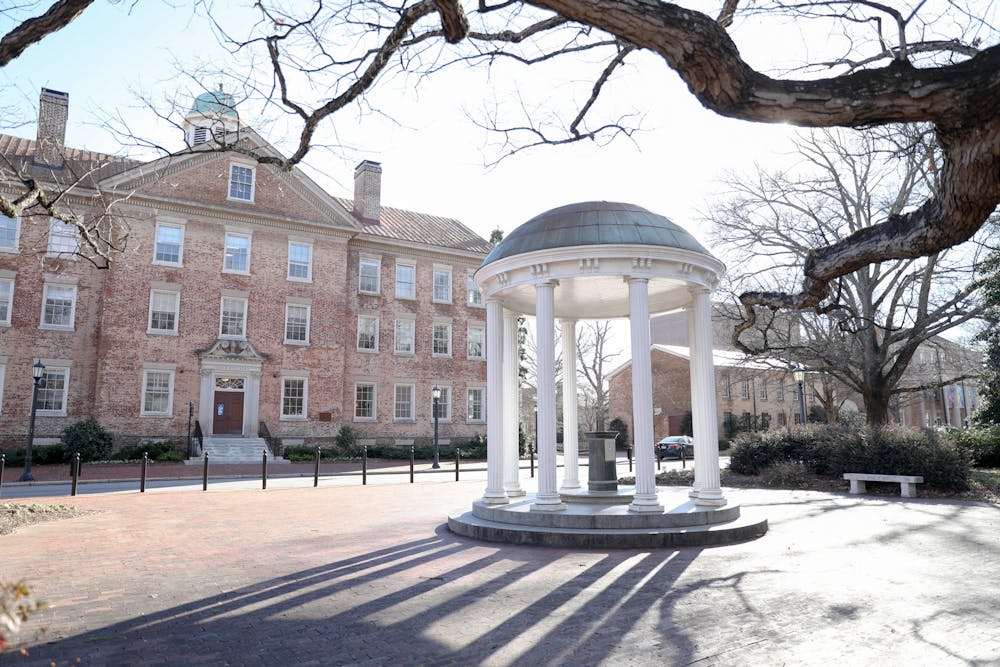In order to maximize the amount of paid maternity leave she could use, my mother worked until the very day before she had me.
Although she had a well-paying corporate job, her employer only offered birth parents eight weeks off. My father’s company didn't provide leave, so he took five days of vacation and later returned to work instead.
This phenomenon is extremely common. Last semester, I was shocked to discover that a coworker — whose wife had just given birth the week prior — was already returning to his job as manager of a sports hospitality company.
The United States is the second wealthiest country in the world, yet does not offer paid maternal and family leave on a federal scale.
North Carolina — along with 42 other states — does not have mandatory leave policies, meaning the amount of time a parent gets off from work is left entirely to their employer’s jurisdiction.
Though the Family and Medical Leave Act requires that all public agencies, schools and companies that employ more than 50 employees allow eligible individuals to take up to 12 weeks of unpaid leave, the act is not an adequate substitution for federal paid paternity leave.
To be eligible for FMLA leave, an employee must have worked for employers for a minimum of 1,250 hours over the past 12 months. This policy excludes part-time workers and does not require public-sector employers to pay their employees their previous salary during leave.
UNC is no exception to this national trend. According to Human Resources, the University offers birth parents up to eight weeks of paid parental leave. The non-birth parent, on the other hand, receives only four weeks off as part of their “Paid Parental Bonding Leave” employee package.
UNC needs to reevaluate its leave policies to ensure that both parents get an equal amount of paid leave, ideally for longer than just two months.



